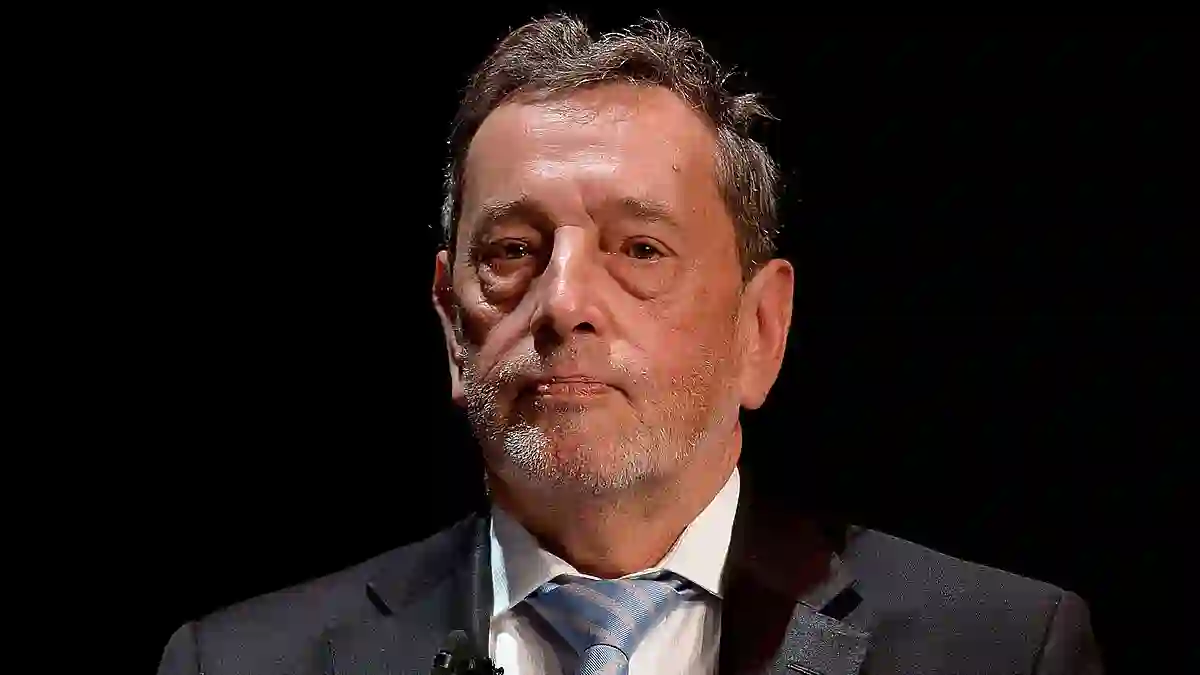As Britain grapples with a rising asylum backlog, former Labour Home Secretary Lord Blunkett has urged Prime Minister Keir Starmer to consider temporarily suspending key provisions of the European Convention on Human Rights (ECHR) to speed up deportations of rejected asylum seekers.
His comments come amid growing public frustration over the use of nearly 200 hotels to house 32,000 asylum seekers at taxpayers’ expense.
Drawing Lessons from Europe
Speaking on BBC Radio 4, Lord Blunkett pointed to Germany and other European countries that have temporarily set aside aspects of the ECHR in exceptional circumstances.
He suggested the UK might need to do the same for a six-month period to clear the backlog of asylum appeals.
“We may not have to pull out of the ECHR or the 1951 Refugee Convention entirely, but temporarily suspending certain elements could allow the government to get a grip on the system,” he said.
Targeting the Appeals Process
Blunkett highlighted that the legal process currently allows rejected asylum seekers to appeal multiple times, leaving many stuck in temporary accommodation.
Suspending certain provisions, particularly Articles 3 and 8—which protect against persecution and uphold family life—could streamline removals and prevent what he sees as abuse of the system.
“It’s about making sure the appeals process isn’t exploited and allowing more people to return to their home countries efficiently,” he added.
Supporting Home Secretary’s Legal Challenges
Lord Blunkett also backed Home Secretary Yvette Cooper in her challenge to a High Court decision that closed a migrant hotel in Epping, Essex.
He argued that shutting such facilities undermines the government’s legal duty to provide shelter for vulnerable asylum seekers.
Cooper has warned that similar council-led legal challenges could push the system into “chaos.”
France and the Channel Crossings
The former minister urged Britain to pressure France into implementing a licensing scheme for small boats, enabling authorities to confiscate dinghies before they reach the Channel.
This step, he said, would complement UK measures to control arrivals more effectively.
Farage Unveils £10 Billion Mass Deportation Plan
Meanwhile, Nigel Farage has set out a controversial £10 billion plan, dubbed Operation Restoring Justice, which would involve five daily migrant removal flights under a potential Reform government.
The blueprint includes detaining small boat arrivals on surplus RAF bases, constructing offshore and domestic detention centers with capacity for 24,000 people, and offering voluntary returns through a “self-deportation app” with a £2,500 incentive.
Controversial Approach Sparks Debate
Farage described the plan as necessary to address what he calls a national security and public order crisis.
“There is only one way to stop people coming into Britain, and that is to detain them and deport them,” he told The Times.
He also highlighted penalties for re-entering the UK illegally and plans to collaborate with countries like Rwanda and Albania, as well as British overseas territories, to host asylum facilities.
Growing Public Anger and Protests
The migrant situation has already sparked protests across multiple towns and cities, including Cardiff, Leeds, Bournemouth, and Leicester.
Police are preparing for further demonstrations over the upcoming Bank Holiday weekend as tensions over the hotel accommodations continue to rise.



